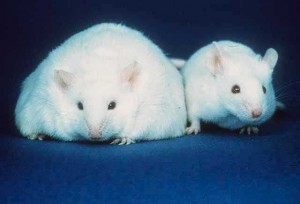
Rats and mice are used in experimentation about behavioral changes that can be extrapolated to humans, as the physiology of these animals and the human being is very similar. For instance, the aversion to new foods for the rat allows to study learning food aversion in humans.
In this course, students will learn relatively simple techniques and well controlled protocols that can be used to characterize eating disorders, anxiety, motor alterations, or changes in memory and learning in these animals.
Behavioral research provides responses to induced genetic, pharmacological and environmental alterations disorders, and the results can be mostly translated as therapeutic applications for their human equivalents.


